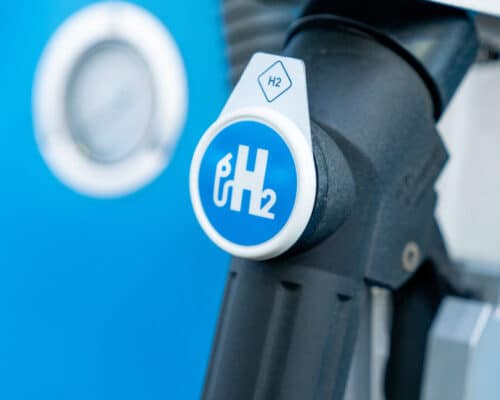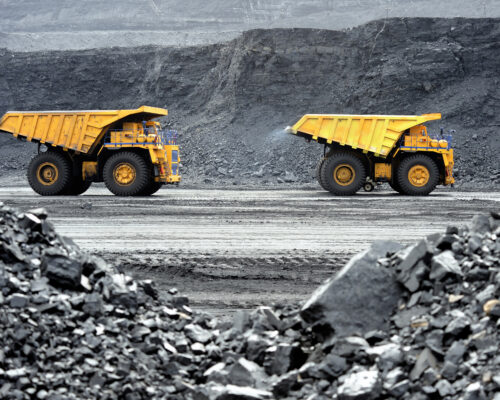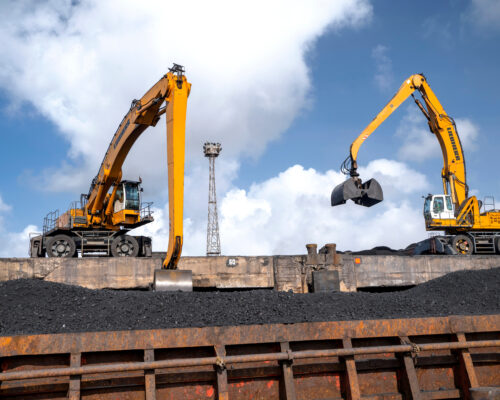Fossil Fuel
Japan’s Hydrogen Plans: A Closer Look
Japan is basing much of its 2050 net-zero goals on hydrogen development without clearly defining what it considers "clean hydrogen". As such, its hydrogen plans mostly rely on blue hydrogen, which still involves burning fossil fuels.
Carbon Capture and Storage: Pros and Cons
Carbon capture and storage (CCS) provides a pathway towards reducing fossil fuel-related emissions and bolstering hard-to-abate carbon intensive industries. Additionally, it provides benefits like economic growth and job creation and can be crucial to the global low-carbon shift. However, questions remain regarding its high costs and varying effectiveness.
Global LNG Outlook 2023: Is There a Future for LNG?
Global LNG markets will remain volatile for the rest of the decade, negatively impacting Southeast Asia. The region's carbon emissions-intensive gas-to-power build-out exacerbates the problem. With a myriad of problems from LNG and gas-to-power usage, energy economics dictate that renewables development is the best path for Southeast Asia.
Japanese Technology Expansion: Southeast Asia Pays the Price
This year's G7 meeting, which Japan will chair, remains an important moment for its international credibility in the battle against the climate crisis.
Facebook’s Renewable Energy Progress: Is It Enough?
Facebook reached 100% renewable energy and net-zero for operational emissions in 2020 – goals that were set in 2018. These are good stepping stones, but they make a small impact based on the scale of the business. Scope 3 emissions are still high and will be Facebook's new carbon-neutral target in the coming decade.
Ammonia: Fuel of the Future?
Ammonia acts as an energy carrier similar to hydrogen. However, ammonia has several traits that make it more promising than hydrogen for the global energy transition. Regardless, green ammonia production costs remain prohibitively expensive for widespread adoption.
What Will It Take For Japan To Achieve Carbon Neutrality by 2050?
Japan prepares to host this year’s G7 meeting in light of public criticism for its lack of decarbonisation progress and a continued obsession with fossil fuels. However, the country is now uniquely positioned to prove its critics wrong. Doing so will unleash various positives, both for Japan and the region.
The Pros and Cons of Ethanol: Does It Have A Place In The Future?
Ethanol is a renewable alternative to gasoline and diesel. However, its production and use have significant negative impacts on the environment that will become more pronounced as climate impacts increase. Understanding these pros and cons is crucial to effectively growing and using the biofuel as part of the energy transition.
Samsung’s Journey To Carbon Neutral: How Does It Stack Up?
Samsung aims to be carbon-neutral by 2050, and its public-facing messaging shows progress towards this goal. However, the company's net-zero target takes place 10 to 20 years later than Apple, Google and Amazon. This, among other concerns, raises the question: Is Samsung doing enough for sustainability?
Go Clean ICBC: Fossil Fuels Continue to Dominate the Investments of Chinese Banks
China and its state and privately owned banks' continued support for coal projects are the main lifeline for the dirtiest fuel. However, with global decarbonisation efforts underway, supporting projects like these can also bear massive financial and reputational risks.
Bangladesh Grapples With Adani Over One-sided Power Deal
Bangladesh finds itself in an expensive coal-fired power plant deal with Adani. Not only is the deal not in the best interests of Bangladesh, it needs to be replaced by cleaner and cheaper renewables development.

The Pros and Cons of Hydrogen Energy
Hydrogen energy has many pros. It can be made sustainably with few emissions. However, it has several significant cons, like high production costs and a lack of infrastructure. If the world can provide more financial and political support for the technology, it will play a major role in the global energy transition.
Most Popular
Categories
-
9
-
33
-
126
-
4
-
17
-
43
-
52
-
11
-
10
-
15
-
24
-
6
-
6
-
250
-
196
-
14
-
23
-
1
-
1
-
23
-
38
-
42
-
84
-
18
-
82
-
41
-
17
-
10
-
40
-
43
-
86
-
284
-
21
-
40
-
35
-
10
-
41
-
36



